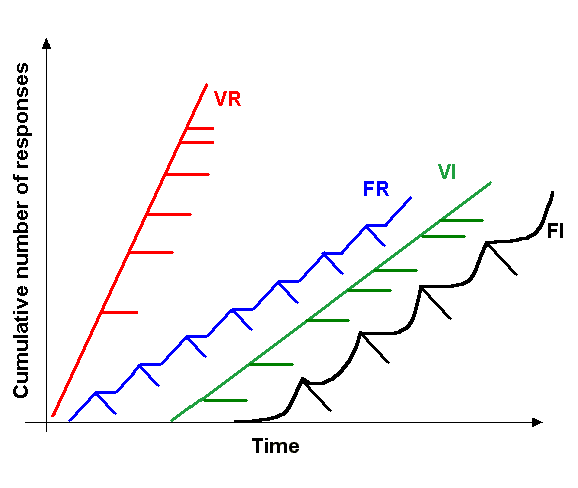
From data sharing mandates to clinical trial registration, Open Science (OS) policies for biomedical research are in no short supply. But ensuring those policies become real-world practices can be a challenge—particularly when there’s no simple way to measure success.





